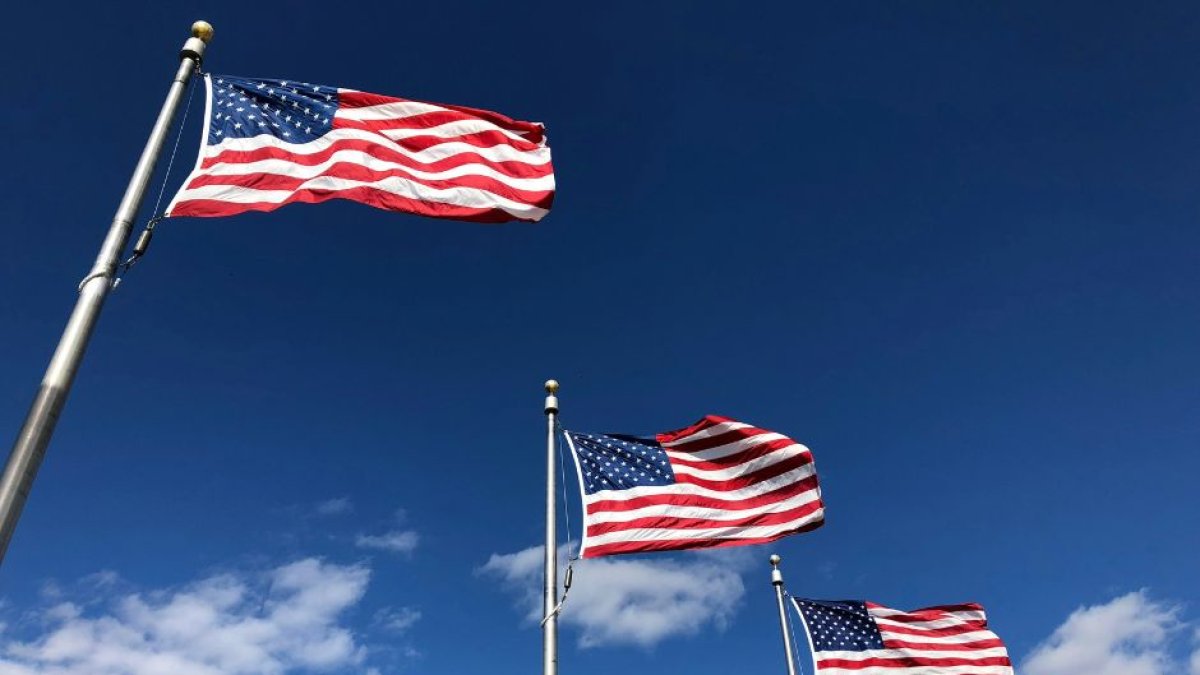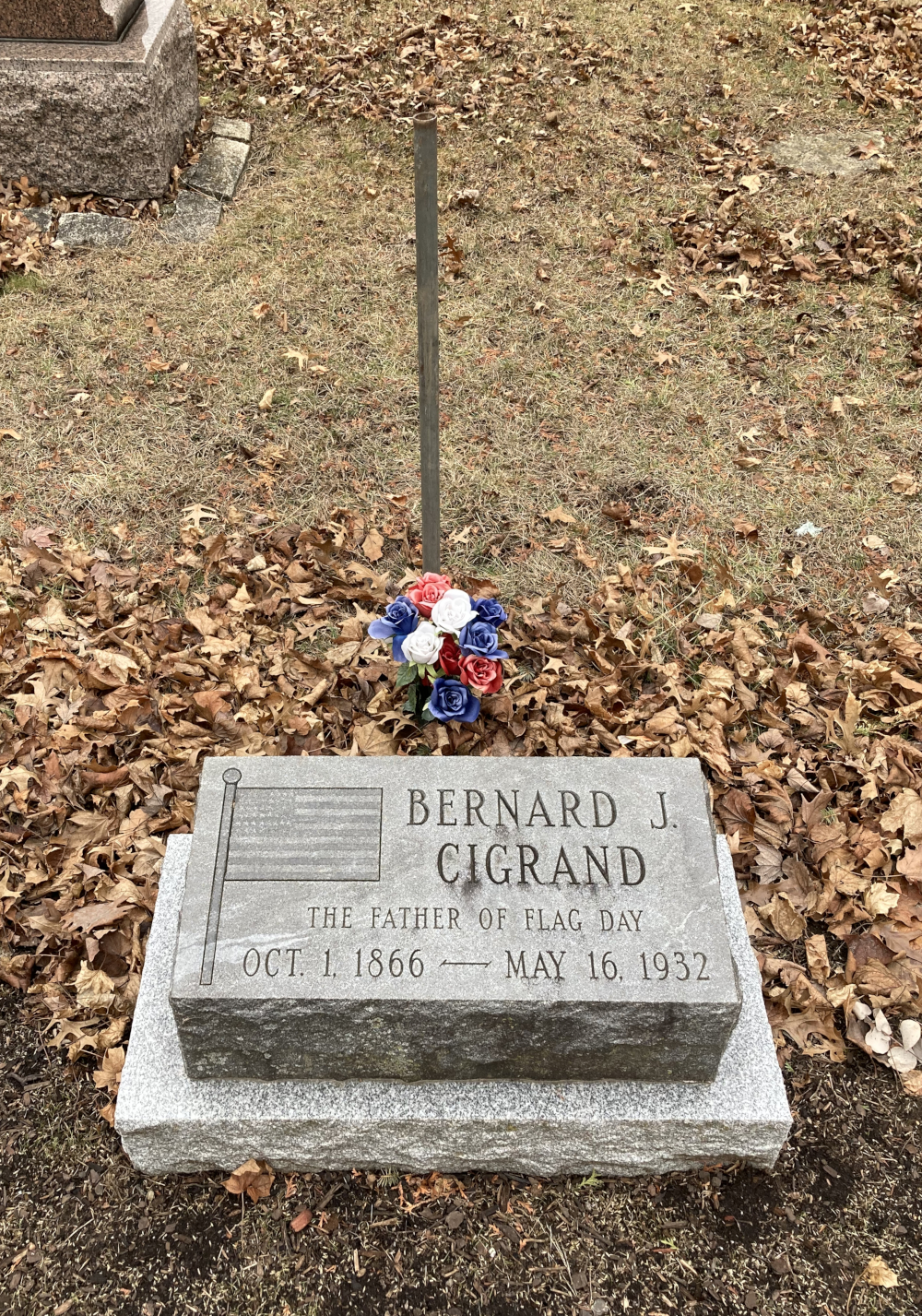Happy Flag Day!
June 14 commemorates Stars and Stripes since Harry Truman made the date a permanent holiday.

(Unsplash / )
"Resolved, that the Flag of the thirteen United States shall be thirteen stripes, alternate red and white; that the Union be thirteen stars, white on a field of blue, representing a new constellation." With those words, the Second Continental Congress approved the design of the Stars and Stripes, although, of course, it later underwent several design changes.
This Friday, June 14, that proclamation of June 14, 1777 is celebrated, accessible online thanks to the Library of Congress. One hundred years had to pass, however, for the insignia to have its own celebratory date. The first national celebration of Flag Day occurred in 1877.
Until then, some citizens and states commemorated the birth of the flag with their own initiatives. Its nickname, in fact, is attributed to Bernard J. Cigrand, known as the Father of Flag Day. On June 14, 1885, Cigrand organized a celebration among his students at the Stony Hill School in Waubeka, Wis.
The 19-year-old teacher planted a small flag on his desk and invited his students to write essays inspired by it. From then on, Cigrand dedicated himself to commemorating the occasion and campaigning to spread this spirit to his fellow citizens. He wrote opinions in newspapers, claims he gave over 2,000 public speeches and even chaired both the American Flag Day Association and the National Flag Day Society. The latter continues to commemorate Cigrand and the flag every June 14.

Grave of Bernard John Cigrand (1866–1932) in Riverside Cemetery, Montgomery, Ill. (Wikimedia Commons)
In 1916, the Wisconsin-based teacher's wish was granted: Woodrow Wilson issued a presidential proclamation for the national observance of Flag Day. In 1949, Congress made the date a permanent holiday. Harry Truman, then president, signed the norm, recognizing that "this flag has become the beloved symbol of our way of life, our achievements as a people, and the many blessings which Providence has heaped upon us."
Although it was not then or ever made a non-working day, the flag is commemorated by being raised on government buildings, homes, schools and other establishments. It is also celebrated in ceremonies where the anthem is sung as well as in the Pledge of Allegiance: I pledge allegiance to the flag of the United States of America, and to the Republic for which it stands...

























